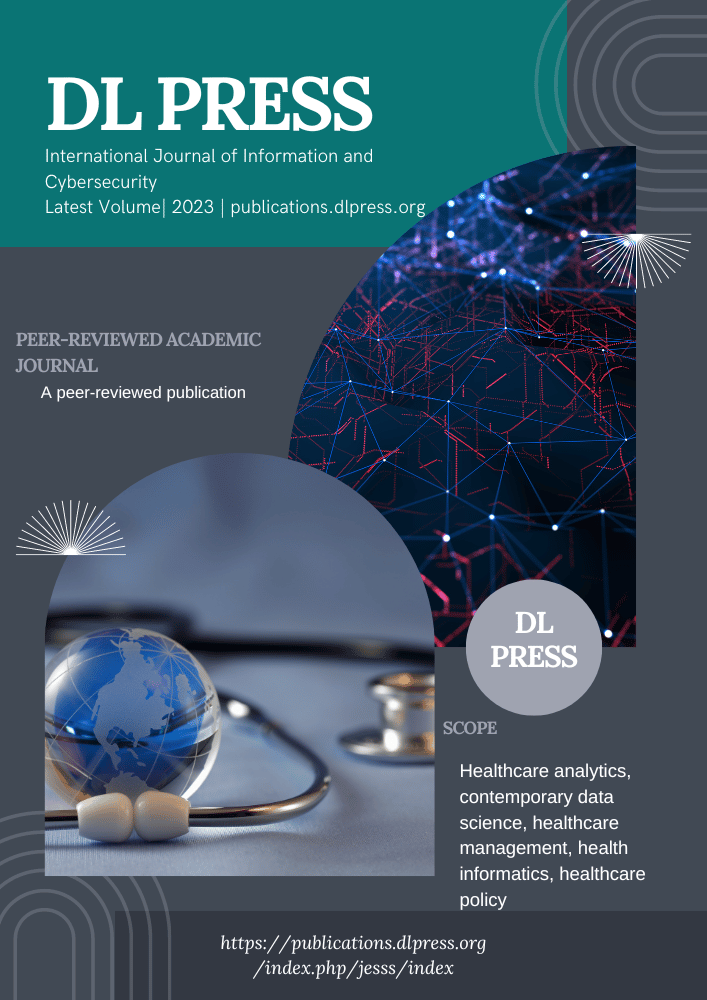The Effectiveness of AI-Based Interventions in Reducing Healthcare Inequalities A Comprehensive Review
Main Article Content
Abstract
This research examines the potential of AI-based interventions to address healthcare inequalities by improving access to healthcare and increasing the quality of care for underserved populations. Our findings reveal that AI technology can be used in several ways to reduce healthcare disparities. The finding suggests that predictive analytics using AI algorithms can analyze large health data sets and identify patterns that indicate a higher risk of developing certain diseases or conditions. This information can then be used to target preventive interventions to at-risk populations, reducing healthcare costs and improving health outcomes. Additionally, finding demonstrates that AI-powered virtual assistants and chatbots can help patients access healthcare information and services, including booking appointments, finding healthcare providers, and getting medical advice. These tools can be particularly helpful for underserved populations who may have difficulty accessing traditional healthcare services. The findings also highlight that AI algorithms can create personalized treatment plans by analyzing patient data such as medical history, genetic makeup, and lifestyle factors. This approach can ensure that patients receive the most effective treatments for their specific needs, reducing healthcare disparities and improving outcomes. Moreover, the finding suggests that AI-powered monitoring devices can track patients' health status in real-time, allowing healthcare providers to identify potential issues early and provide timely interventions. This approach can be particularly beneficial for patients who live in remote or underserved areas, where access to healthcare may be limited. This research indicates that AI-based interventions have the potential to reduce healthcare inequalities and improve access to healthcare and quality of care for underserved populations. These findings highlight the importance of further research and development in this area to ensure equitable healthcare access and outcomes for all.
